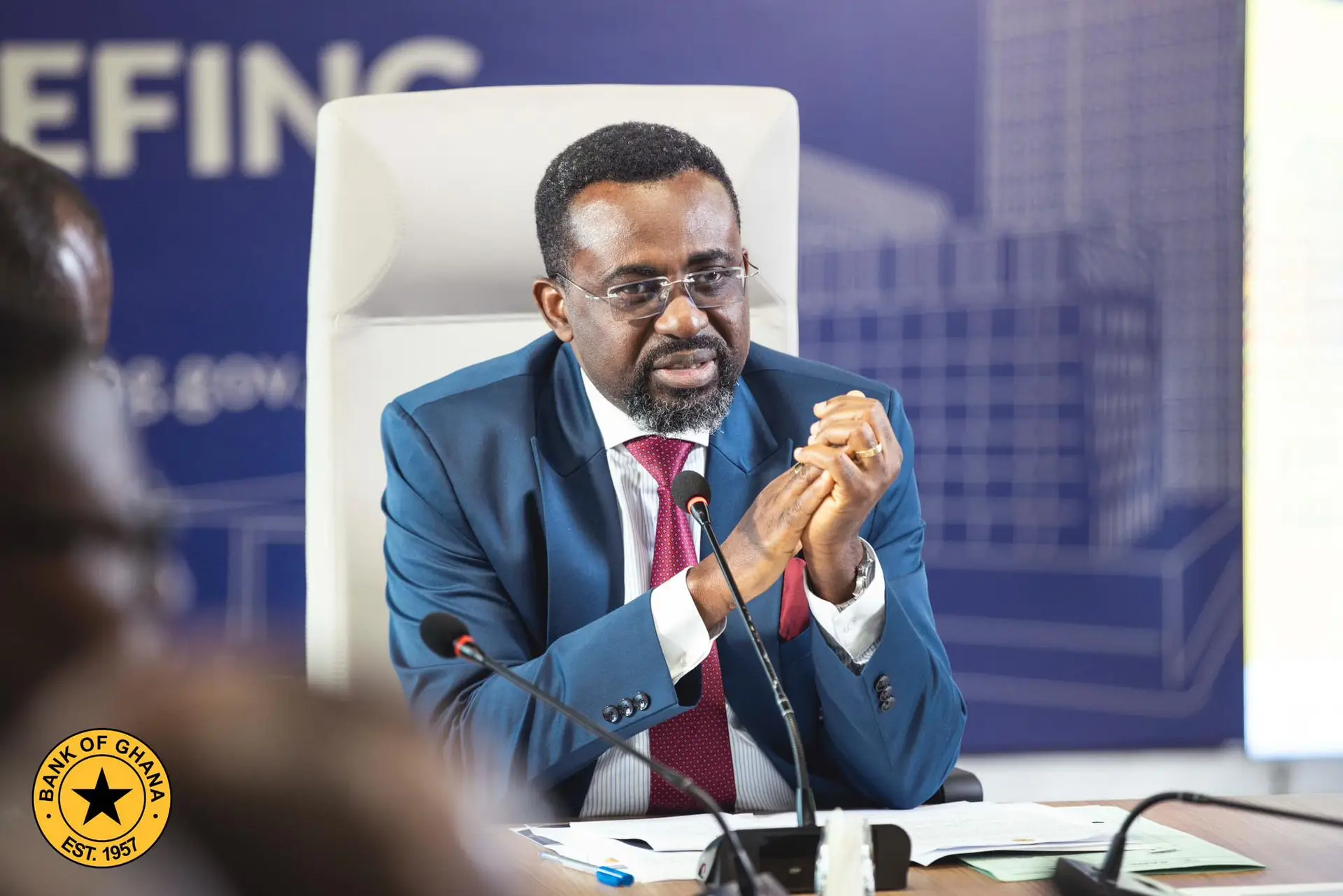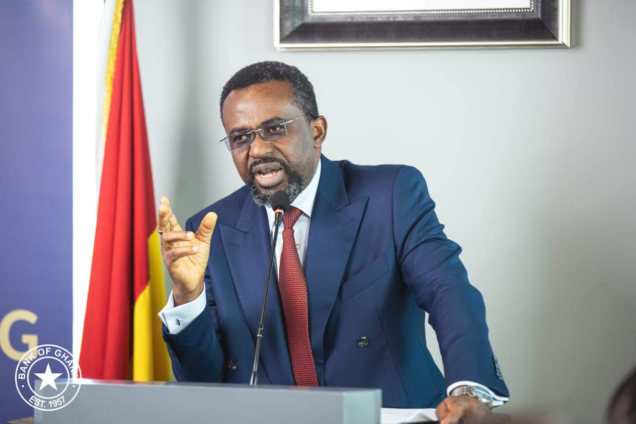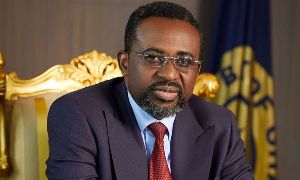Ghana to Exit IMF Program by 2026 – BoG Governor Dr. Johnson Asiama

Ghana’s economic reform journey under the International Monetary Fund (IMF) is expected to come to an end by 2026, according to the Governor of the Bank of Ghana (BoG), Dr. Johnson Asiama. The central bank chief made the revelation during a policy engagement on macroeconomic stability and fiscal sustainability in Accra, expressing optimism that Ghana is on track to restore full economic independence and financial credibility after years of structural adjustments.
Dr. Asiama explained that Ghana’s ongoing reforms under the IMF’s Extended Credit Facility (ECF) have begun yielding tangible results, noting improvements in fiscal discipline, foreign reserve buffers, and inflation management. “By 2026, we expect that Ghana would have built enough resilience to stand on its own without IMF support,” he said. “The key is sustaining the reforms, improving domestic revenue mobilization, and maintaining prudent expenditure practices.”
Ghana entered the IMF’s $3 billion bailout program in 2023 following a severe economic downturn marked by high inflation, currency depreciation, and debt distress. The deal, aimed at restoring macroeconomic stability, came with stringent conditions including debt restructuring, public sector reforms, and fiscal consolidation. Since then, periodic IMF reviews have assessed Ghana’s progress on policy commitments, and according to Dr. Asiama, those reviews have shown steady improvement in performance indicators.

The Governor pointed to key macroeconomic achievements over the past year, including a decline in inflation from record highs, stabilization of the cedi, and a gradual buildup of international reserves. “The fiscal space is slowly improving,” he said. “We are beginning to see confidence return to the domestic bond market, while private sector credit growth is recovering.”
However, Dr. Asiama acknowledged that the path to exiting the IMF program will not be without challenges. He emphasized the need for consistency in policy implementation, strong political commitment, and continued collaboration between the central bank, Ministry of Finance, and development partners. “We have learned from past experiences that exiting an IMF program successfully is not just about meeting numerical targets — it’s about institutionalizing fiscal discipline,” he noted.
He further highlighted that the Bank of Ghana remains committed to its inflation-targeting framework, independent monetary policy decisions, and ensuring financial sector stability. “We will continue to align our monetary policy stance with the government’s fiscal objectives to ensure macroeconomic coherence as we prepare for a post-IMF era,” Dr. Asiama added.
The news of a potential 2026 exit has sparked mixed reactions among economists and policy watchers. Some have welcomed the development as a sign of economic recovery, while others caution that Ghana’s exit must be backed by strong domestic policies to prevent a relapse into financial distress.
Economic analyst Dr. Theo Acheampong described the projection as “encouraging but ambitious,” stressing that Ghana must stay vigilant about external shocks, election-year spending, and global commodity price fluctuations. “Exiting the IMF program is one thing, sustaining macroeconomic stability afterward is another. We must ensure the lessons of this period are not forgotten,” he said.

The IMF itself has repeatedly noted Ghana’s progress under the program. In its last review, the Fund commended the government for meeting key quantitative performance targets, including primary fiscal balance improvements and enhanced debt transparency. Nevertheless, the Fund also urged continued structural reforms, particularly in state-owned enterprises, energy sector liabilities, and domestic revenue mobilization.
Ghana’s Finance Ministry has already begun outlining a post-IMF fiscal strategy, focusing on broadening the tax base, strengthening public financial management, and promoting export diversification to reduce dependency on external financing. The strategy, according to officials, will ensure that the country avoids the “IMF cycle” , a pattern of recurring bailouts seen in the past decades.
Dr. Asiama’s announcement comes at a time when Ghana’s economy is showing signs of gradual rebound. The cedi has seen relative stability against major currencies, inflation has trended downward, and investor confidence appears to be recovering. The Bank of Ghana’s monetary tightening policy, including maintaining a high policy rate to anchor inflation expectations , has been central to these developments.
Still, experts caution that sustainable recovery will depend on the government’s discipline in the run-up to the 2026 general elections, historically a period of fiscal slippages. “We cannot afford to derail the progress we’ve made,” said an economist at the University of Ghana Business School. “The exit from IMF support should symbolize a new era of self-reliance, not a return to old habits.”
As Ghana approaches this critical economic milestone, the focus will now turn to how effectively the government consolidates its fiscal gains, manages public debt, and fosters inclusive growth. For Dr. Asiama and the Bank of Ghana, the message is clear: stability must not be compromised for short-term political convenience.
If current progress continues, Ghana’s planned IMF exit in 2026 could mark a historic turning point, signaling a return to economic sovereignty, renewed investor confidence, and a more resilient national economy. But as many experts note, success will ultimately depend on discipline, accountability, and sustained reform momentum.
BoG Governor Urges Banks to Boost Lending Amid Signs of Economic Recovery




